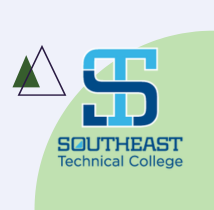



Career readiness skills are valuable qualities and experiences that make students more marketable in the workforce. As students prepare to graduate and begin their careers, they must have the skills and experiences they need to succeed. Colleges and universities can asses career readiness in a variety of ways and ensure students are able to enter the workforce with the knowledge they need to succeed in their industries.
Career readiness describes a college graduate’s ability to enter the workforce successfully. Career readiness is a framework for addressing outcomes of extracurricular and curricular activities and career-oriented goals, regardless of the student’s program or field of study.
Students pursue higher education to prepare for fulfilling lives and exciting careers in their desired fields. Many students attend college or university because they believe it will help them find a well-paying job and help them increase their overall life satisfaction. Providing career readiness will help these students reach those goals by ensuring they have the skills they need to lead and impact their industries.
Understanding the importance of career readiness involves knowing what skills employers are looking for and recognizing the skillsets each student should possess to access all job functions. Career readiness enables employers to develop talent through experiential programs and internships. Common skills employers look for in potential hires include:
There are many ways colleges and universities can ensure students have what they need to succeed, including offering work-based learning experiences, student internships, industry-recognized credentialing, and student assessments.
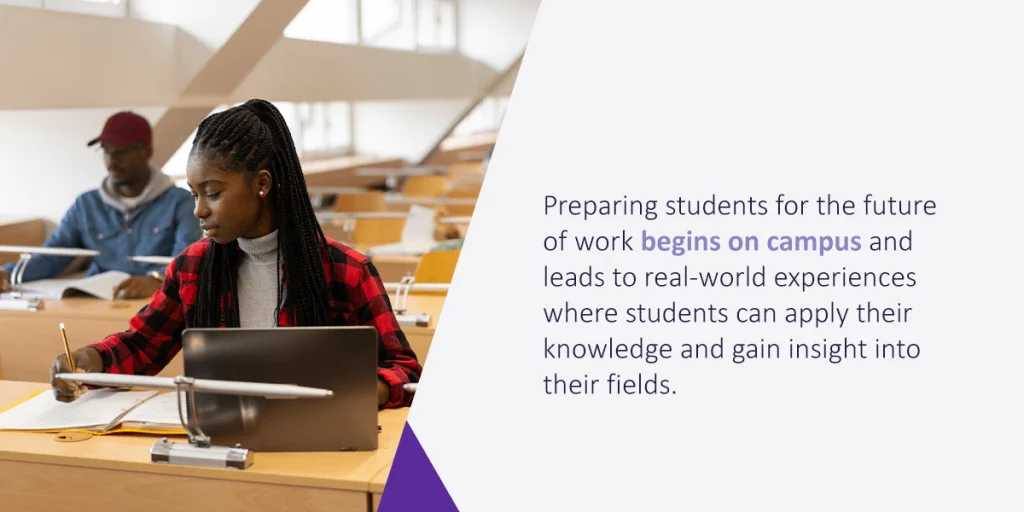
Many institutions recognize the importance of work-based learning as it helps students can gain positive work history and build an intricate network of peers and instructors. Many employers also like to see students with work-based learning experiences because the students can better contribute to positive work culture and employers can shape new hires to meet industry needs.
It’s important to note that high-quality work-based learning is much more effective than low-quality experiences. You must carefully craft these experiences to ensure they are not wasting your resources or your student’s time. Working with employers can help create more meaningful pathways and ensure your students are progressing in their fields.
Internships can act as a pathway for students from higher education to their desired fields. Students who complete internships before graduating can experience the daily routines and tasks they will face during their careers. While pursuing training, students can gain first-hand knowledge and learn industry secrets from current employees. Students can come from their internships with a job readiness assessment checklist to understand everything they should do before graduating to become more marketable.
A downside to internships is that many colleges and universities have a limited number of expectations to meet an internship requirement or don’t require one at all. Although students can still gain knowledge from these opportunities, they would likely benefit from a more structured or focused experience.
Many higher education institutions are working to better connect students with credentialing opportunities. These could include items such as micro-credentials, such as digital badges, and diploma endorsements for their field of study. Although some employers will not emphasize credentialing heavily, it can be valuable for students to receive additional opportunities to highlight their experience and expertise in their industries.
A career readiness assessment will align with your institution’s standards and provide key information regarding whether your student has obtained the necessary skills and knowledge to graduate and move to the workplace. These assessments can take the form of self-assessments where students describe their thoughts and feelings or can ask direct questions you feel students should be capable of answering by the time they graduate.
Career readiness survey questions could include items such as:
Assessments can be an excellent way to identify basic skills your students possess, but they do not always address the qualities employers are looking for. You may consider pairing your assessments with other career-readiness opportunities to ensure students have the knowledge they need to succeed. Additionally, ensure you have assessment software that enables you to identify meaningful information.
Watermark can help you drive student success. When you choose to use solutions from Watermark, you gain access to intuitive reporting, guided pathways, and seamless connectivity.
Watermark Student Success & Engagement enables you to support your students from the very beginning of their academic journey. With Watermark, you can easily schedule appointments, create holistic pathways to student success, and ensure your students stay on track. You can align their interests with your curriculum and ensure they are career ready no matter their industry.
Request a demo of Student Success & Engagement to see what we can do for your institution.
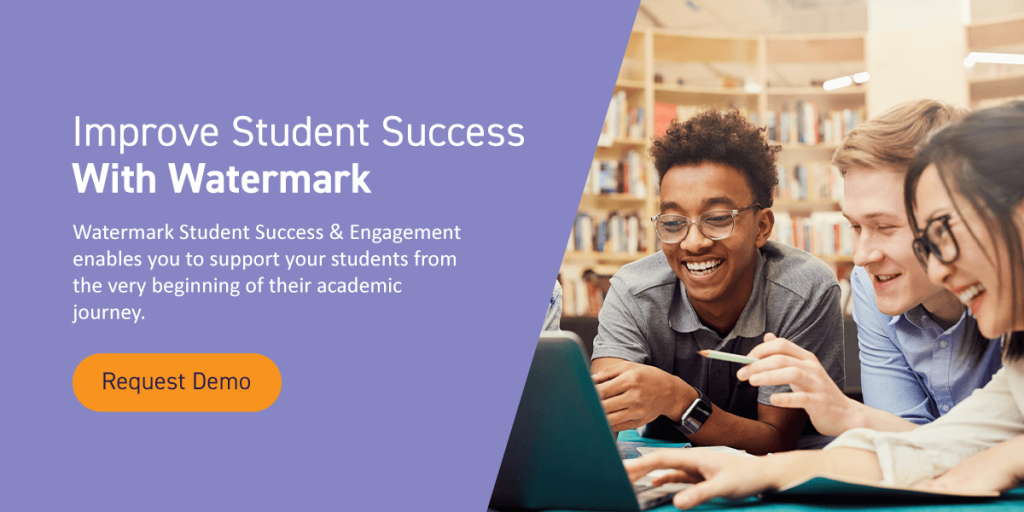




































































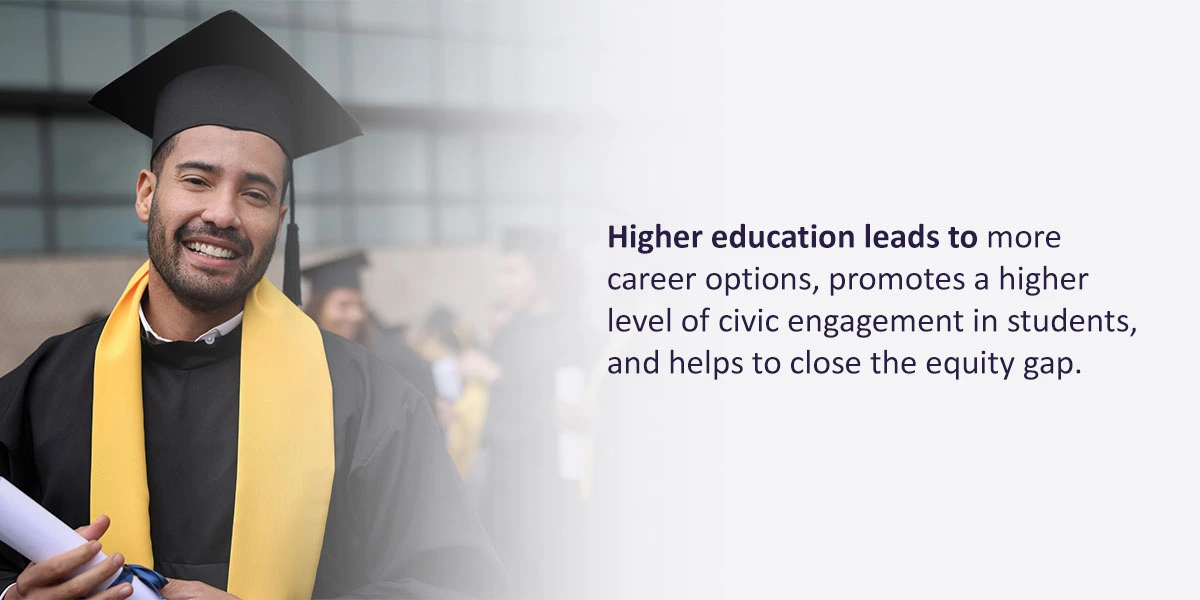



































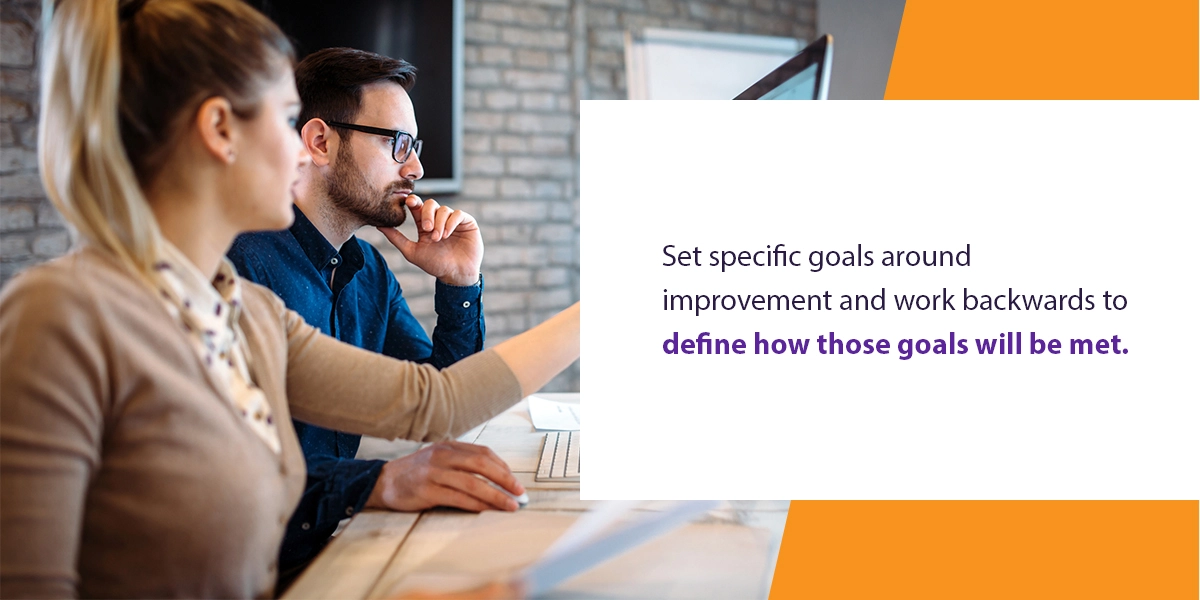

























































































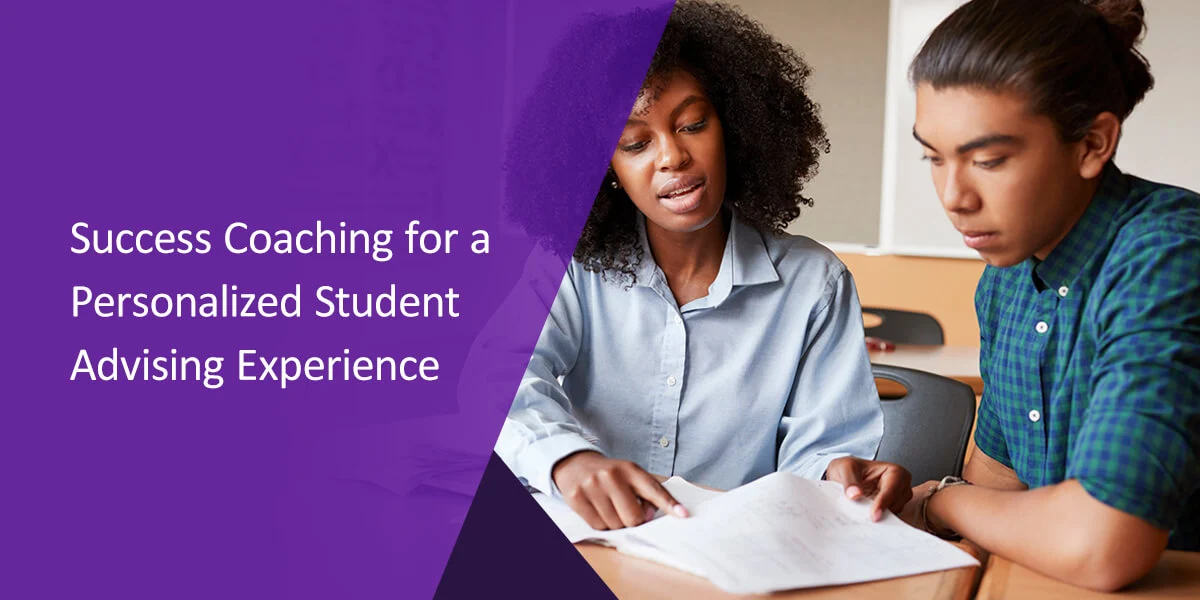





































































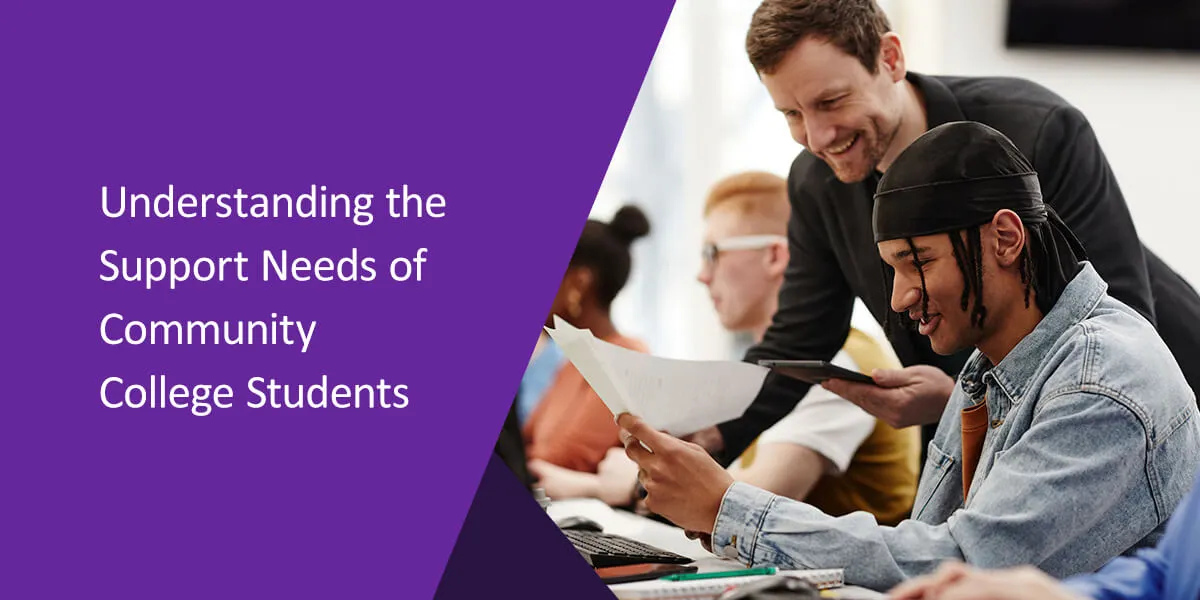















































































































Submit this form to schedule a meeting with one of our reps to learn more about our solutions. If you need customer support instead, click here.